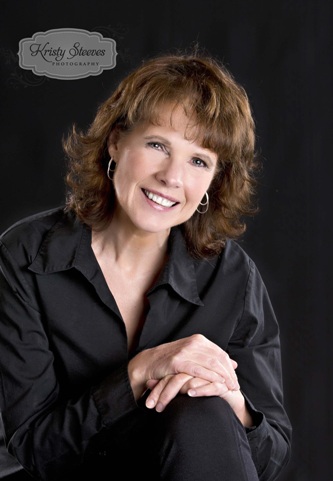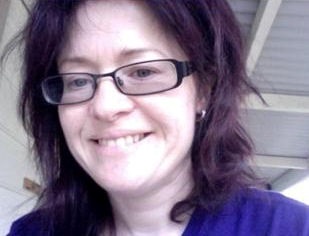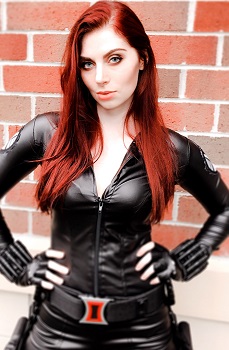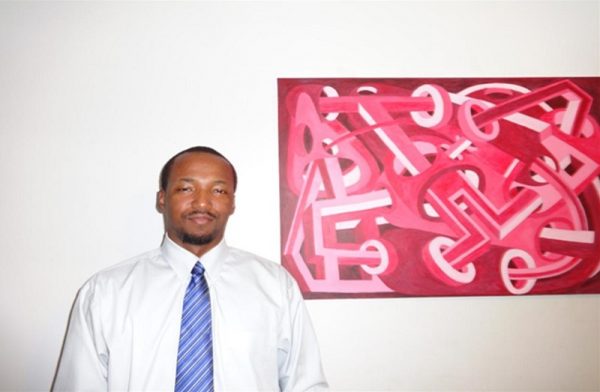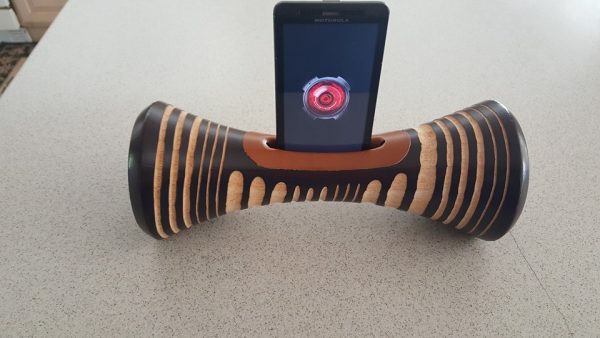Author Interviews
Christine Benedict – The Rewarding Art of Creative Writing
by Michell Spoden
Author Christine Benedict’s novel Anonymous was published last year by Loconeal Select and has received many positive reviews on Amazon.com and elsewhere. This mystery is based on some interesting, true events in the author’s life. I had a chat with Christine about her writing and books, which I hope readers and particularly those passionate about reading and writing will enjoy.
Michell: Christine, please give our readers a brief intro about yourself—things like your name, age, etc.
Christine: My maiden name was Christine Ann Wilson. I use my married name Christine Benedict as author. If you really want to know, I just turned sixty-years-old. They say 50 is the new 40. 60 is still 60 no matter how you look at it. I’m half Slovak, half hillbilly. I write as much as time allows between managing my husband’s company and working as a personal fitness trainer.
Michell: Please share with our readers about your book and how you decided to write it.
Christine: My mystery thriller, Anonymous, is about a young woman who confronts the fear of inheriting mental illness when her husband moves her into a hundred-year-old farmhouse where neighbors insinuate it’s haunted. Her new friend confronts the fear of a stalker when perverse anonymous letters arrive in the mail. Their stories merge as their friendship grows and their fears escalate.
All the letters in the novel are actual letters from the man who stalked me. He wrote of his sexual fantasies, of him watching me when I thought I was alone. I never found out who he was, but my mind raced with all these theories. My 100-year-old farmhouse was the backdrop for the story where the neighbors still say it’s haunted.
I decided to write it down just to get it all out. And turned it into a thriller, adding twists and turns and an unpredictable ending. It’s not all true. But then … some of it is.
Michell: Do you find writing therapeutic?
Christine: Absolutely. When I wrote about Debra’s visit to her mother in a mental institution, it was taken from a visit with my mother who was undergoing shock treatment therapy. That stand-out chapter was a finalist in Perigee Publication for the Arts. My mother and I are very close now and she is doing amazingly well. Writing is not only therapeutic, it is my sanity. I love to create places in time where anything is possible.
Michell: When did you know you were going to be a writer?
Christine: I’ve always been a story teller, and living where wolf spiders would hide in the sheets and snakes would hide in the laundry, there’s been plenty to tell. Writing came naturally for me, even at a young age. It was my favorite subject in school. The funny thing is my teachers had passed my writing assignments to other teachers throughout the school system, something I hadn’t known till now.
It wasn’t until my husband had broken his foot that I spent some serious time at the keyboard. He had this incessant bell. I went to the farthest room in the fourteen-room house, upstairs, where my stories took on a life of their own.
I wanted to lean as much as possible about writing to the best of my ability so I studied creative writing at Baldwin Wallace University and Cleveland State University, and joined various writers’ groups. I’ve also had the good fortune of working with Karen Joy Fowler through Cleveland State University, and Paula McLain and Sarah Willis through The Ohio Arts Council.
Michell: What are some of your favorite books to read?
Christine: Memoirs of a Geisha by Arthur Golden, Light In August by William Faulkner, A Pained House by John Grisham, and Orphan Train by Christina Baker Kline.
Michell: Are there any humanitarian or environmental causes associated to your book?
Christine: It may not sound like much but I’d like to say my friends, family, and neighbors know they can count on me for a home-cooked meal, from salad to desert for anyone who was new in our farming community, who was coming home with a baby or from the hospital. It’s just the way I was raised. You’ll see that in my books. I’ve got to tell you though, when I had surgery two years ago, people fed us every day for a week, some I barely knew. It was incredible.
I am also a big supporter of The Salvation Army, a nonprofit organization. You can change the lives of thousands of children, families, and adults in desperate need.
Michell: Explain why you think creative writing is so important?
Christine: Creative writing is important to me. The ability to put a reader right there in the story, for them to smell, to hear, to feel, to engage all the five senses; accomplishing all these things is such a reward, to me and to the reader.
Michell: If you could impact the world in your own way what would it be?
Christine: My characters are flawed like many of us. Like me. I think I can make an impact through my writing by creating empathy and understanding for those less fortunate, for victims of abuse and mental illness.
Michell: Are you a part of any book clubs?
Christine: Although I don’t belong to a book club, I’ve spoken to quite a few, and more are scheduled. Of all my speaking engagements, book clubs are my favorite. It’s great to meet my fans one on one.
Michell: What are some of your future goals?
Christine: I’m working on my literary novel Where Willows Take Root. It’s a 1965 coming of age story that takes place in Columbia Station where I grew up surrounded by farms.
Michell: Would you like to share more details?
Christine: When I was young, we had a two-acre garden on our five-acre plot. That may not sound very big, but when you’re pulling weeds on ninety-degree days, a row of strawberries looked like a mile. Us girls would hoe, and pick beans and corn and tomatoes and okra, and clean it, and can it, and freeze it. Days on end it seemed.
The roads were gravel mixed with tar and some were just plain slag. Except for Route 82, an asphalt highway that ran though the center of town, right in front of our house. My sister pulled the wagon down the gravel driveway – me pushing it, sun-burnt nose, bent at the waist, my spindly legs and arms out-stretched. The empty RC Cola bottles rocked and clanged down the driveway to the berm of Route 82. With a highway on one side and a gully of a ditch on the other, the only place for us to walk was a scant bit of gravel. Tar bubbles popped under my flip flops. Semi-trucks whooshed by as if we weren’t even there. We’d set out to collect empty pop bottles on the side of the road. People thought nothing about throwing them out of their cars. Pop bottle were worth two cents, enough to buy licorice or bubble gum. Candy was scarce back then. But you could buy a Reese’s Cup for a nickel. That’s what I really wanted. I can’t imagine how my parents let a nine-year old and an eleven-year old walk on a major highway where the speed limit was thoroughly ignored. The only thing more dangerous was me on a bike. Ten years old. Wobbly to boot. It was pure luck when a tractor trailer swerved into a ditch instead of hitting me. What can I say? Somebody’s junkyard dog set out after me, and my bike crossed the white line smack dab in the road.
Michell: And the story in the book follows a similar course?
Christine: In the story, Katianna’s father dies when she is ten. His tractor flips and brakes his neck. She is Russian, Slovak, and Romanian, living with her alcoholic one-armed grandfather who she dearly loves. Now she’s almost thirteen. I started the novel in 2007. Since then three chapters, three years straight were finalists for The Fish Short Story Prize in Ireland. Fish Publishing receives 1,900 entries a year worldwide.
Michell: Christine, thank you for your time you took sharing about your books and writing. I look forward to reading more of your work and wish you great success in future.
Readers may visit the author’s website http://www.authorchristinebenedict.com/ or follow Christine Benedict on Facebook at https://www.facebook.com/AuthorChristineBenedict.
About the Interviewer
Michell Spoden is the author of Stricken Yet Crowned and is also pursuing a transitional housing project for woman with an agricultural aspect. She has a degree in Business Science Administration and is finishing her bachelor’s in Project Management.

